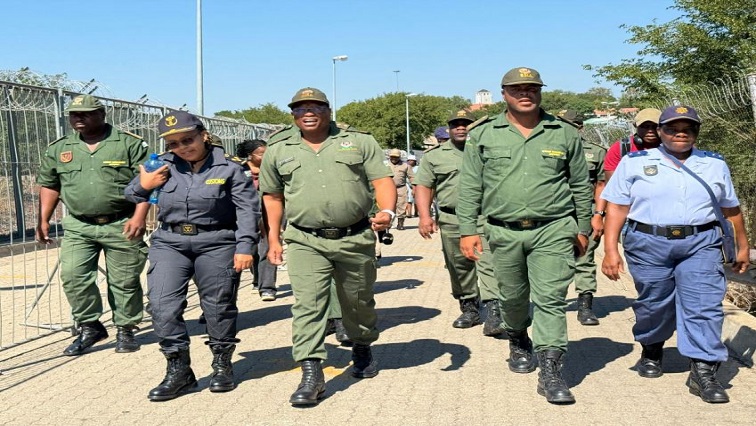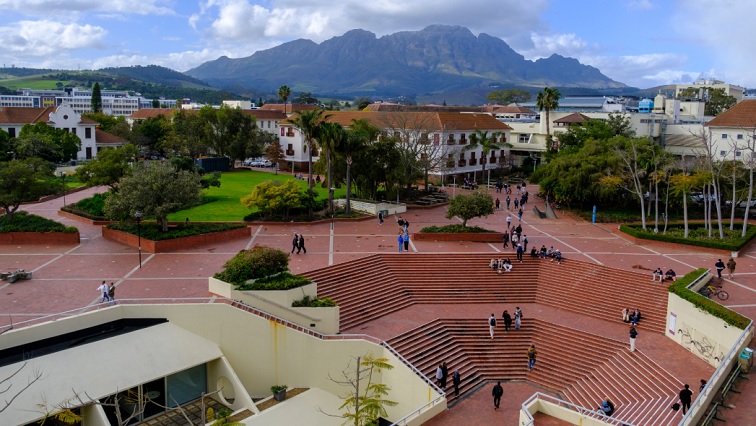-
The Border Management Authority (BMA) Commissioner, Michael Masiapato conducts a walkabout to assess the Beitbridge Port of Entry on April 22, 2025.
The Border Management Authority (BMA) says the use of new technology this Easter period has paid off.
BMA says over 6000 people were intercepted and arrested for attempting to enter or leave South Africa illegally during Easter.
BMA officials held a media briefing in Pretoria on Monday morning to communicate the outcomes of its Easter period operations at the country’s ports of entry.
The use of high-tech surveillance drones and body-worn cameras has yielded positive results. Over a million people crossed South African borders during this year’s Easter long weekend. And BMA says it intercepted and arrested over 6000 people – an increase of 61% when compared to 3000 during the same period last year.
“Just in a period of 10 days, we have been able to intercept and apprehend a total of 6253 persons who were attempting to either enter or exit South Africa illegally. This is an increase of 61% compared to the 2024 Easter interception of 3841. Out of these 6253, about 4795 were undocumented, about 1055 were undesirable, and 403 were found to be inadmissible for various reasons, such as fraudulent visas or failure to produce a yellow fever certificate,” says BMA Commissioner Michael Masiapato.
WATCH: BMA reports back on Easter border operations: Dr Michael Masiapato
According to BMA, Zimbabwean, Mozambican, and Basotho nationals remain the top three nationalities attempting to enter South Africa illegally.
“Even in this 2025 Easter period, a consistent pattern of top three nationalities that continues to undermine our immigration laws remains Zimbabweans at 2019, followed by Basotho at 1,921 and Mozambicans at 1,143, and the remainder of 1170 is shared amongst the Swatis and other nationalities. All those intercepted without documents were fingerprinted and declared undesirable for five years,” Masiapato adds.
With human trafficking being on the rise, BMA believes that through the instant tracking, tracing, and interception of illegal movements, they are making inroads in helping curb human trafficking.
“All those intercepted without documents were fingerprinted; all those processes were adhered to, and those individuals were accounted for in the number of 6000 that we have talked about. There were children and mothers but they were effectively deported. Of course, as we articulate, we had to make sure that those particular people were fingerprinted; we had to put them in our system so that they could not re-enter the country again for the next five years so that is the process we have adhered to,” Masiapato explains.
The BMA has declared its Easter operations a success, marking a significant step in the country’s ongoing efforts to secure its borders and combat illegal immigration and human trafficking.











